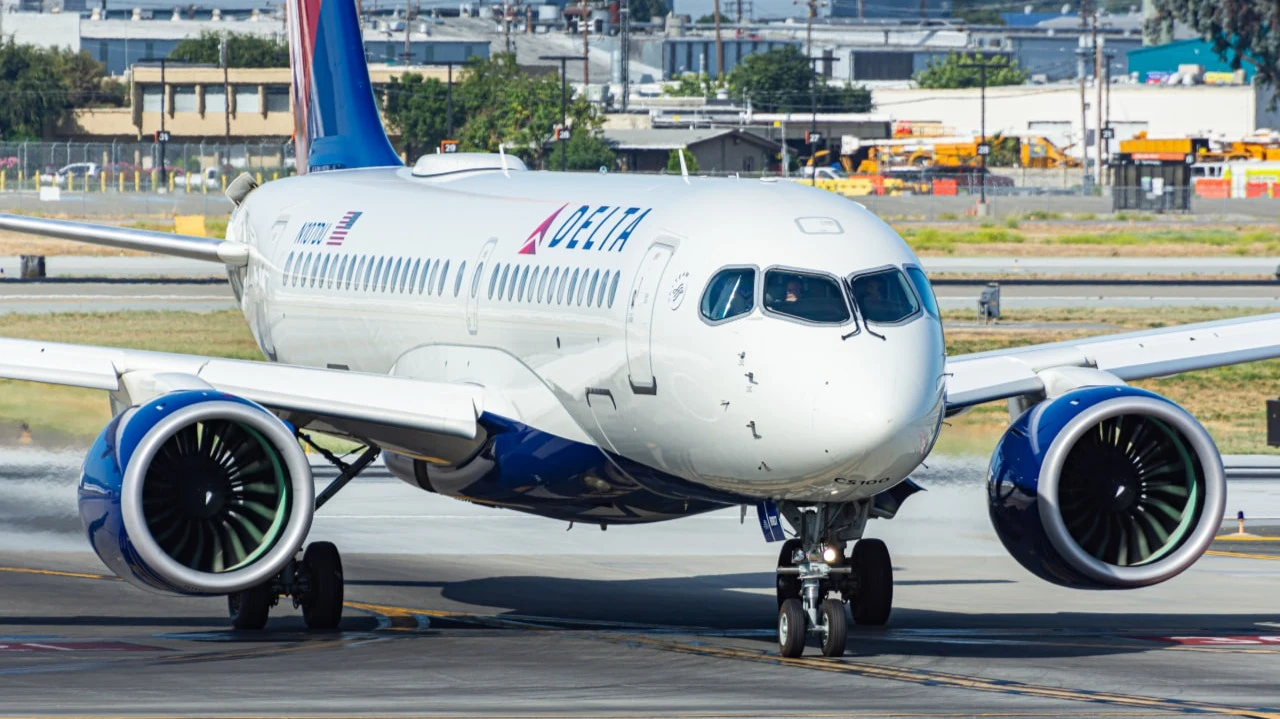Delta has found a new way around duties: it has resorted to cannibalizing its fleet
Delta removes U.S. engines from new Airbus assembled in Europe

Delta Air Lines, a U.S. airline seeking to avoid paying duties on U.S. imports, has resorted to cannibalization, which is the name given to the use of parts from "grounded" aircraft for aircraft in operation. According to Bloomberg, the carrier is removing U.S. engines from new Airbus in Europe and putting them on airliners in the United States. The U.S. now takes 10 percent off imports of new planes, but Delta has said it has no intention of paying those fees.
Details
Delta Air Lines is removing U.S. Pratt & Whitney engines from new, European-made Airbus A321neo planes, wrote Bloomberg, citing sources. The stripped engines are then transported to the U.S. and installed on Delta planes previously retired from service. New Airbus without engines remain in Europe, the agency specifies;
The strategy is designed to help Delta overcome a shortage of turbines and avoid paying duties on aircraft imports from Europe to the U.S., Bloomberg writes.
Delta CEO Ed Bastian confirmed that the airline is sending engines to the U.S., but noted that it is a "very small" number. When asked if Delta plans to continue removing engines from new planes, Bastian answered in the affirmative.
A spokesman for Pratt & Whitney declined to comment on the removal of engines from Delta planes.
Context
Imports of European-made airplanes into the U.S. are now subject to a 10 percent duty as part of President Donald Trump's trade war.
Delta has said it will not bear the cost of the duties and has previously found ways around them. In April, it transported a new Airbus from France to the U.S. via Japan to avoid the fees. After the first flight, the plane is no longer considered used rather than new, and the duties are generally not applied, Bloomberg writes.
This article was AI-translated and verified by a human editor
